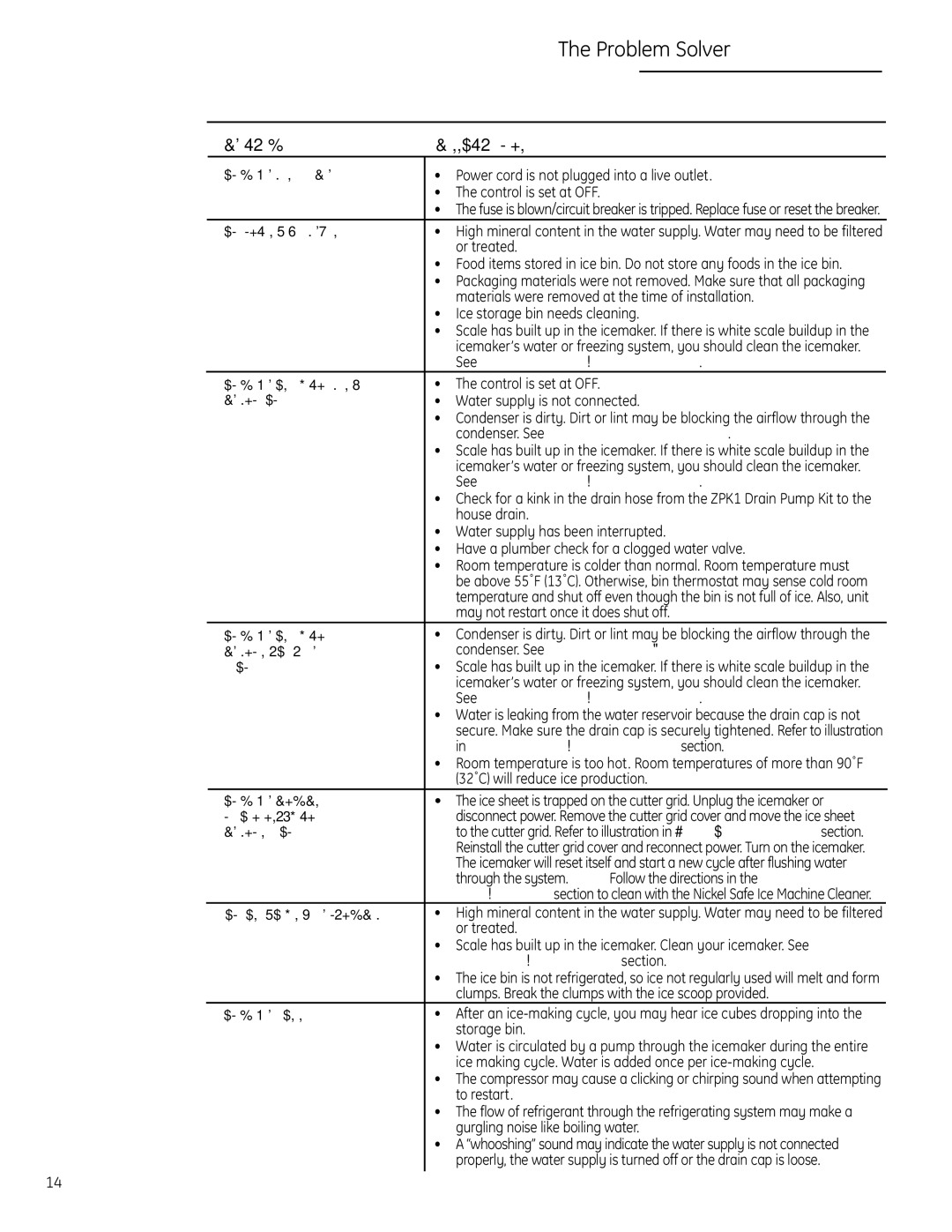ZDIC150, ZDIS150 specifications
The GE ZDIS150 and ZDIC150 are state-of-the-art disconnect switches designed for high-performance electrical systems, predominantly used in industrial and commercial applications. These switches are integral to ensuring safety, reliability, and efficiency in power distribution networks.The ZDIS150 is recognized for its robust construction and versatility. It supports a wide range of current ratings, making it suitable for various electrical loads. This model features an advanced direct drive mechanism that ensures a reliable and quick disconnection of circuits, reducing downtime in maintenance and repair activities. Moreover, the ZDIS150 is designed to withstand harsh environmental conditions, with robust weatherproof enclosures that ensure long-lasting performance even in extreme situations.
On the other hand, the ZDIC150 serves as an innovative solution in disconnect technology. This model incorporates smart features such as remote monitoring capabilities, which allow operators to keep tabs on the switch status in real time. The ZDIC150 is equipped with integrated sensors that provide alerts on potential faults, enhancing predictive maintenance efforts and minimizing unplanned outages.
Both models share significant characteristics that optimize their operation. For instance, both switches utilize advanced dielectric materials to ensure superior electrical insulation, thereby increasing safety and operational efficiency. These materials help reduce the risk of electrical failures, making the switches ideal for critical applications where reliability is paramount.
In terms of installation, the ZDIS150 and ZDIC150 exhibit user-friendly design elements. Their lightweight construct allows for easier handling and installation, while their modular design ensures compatibility with various mounting configurations.
Additionally, both models are designed with eco-friendliness in mind. They comply with international environmental standards, minimizing the ecological footprint throughout their lifecycle.
In conclusion, the GE ZDIS150 and ZDIC150 combine advanced technology with robust construction to provide unparalleled performance in electrical disconnection applications. Their features, including weather resistance, remote monitoring, and eco-friendly design, position them as leaders in the market, ideal for enhancing the safety and reliability of electrical systems in diverse settings. As industries continue to evolve, these disconnect switches will play a critical role in shaping the future of power distribution and management.
